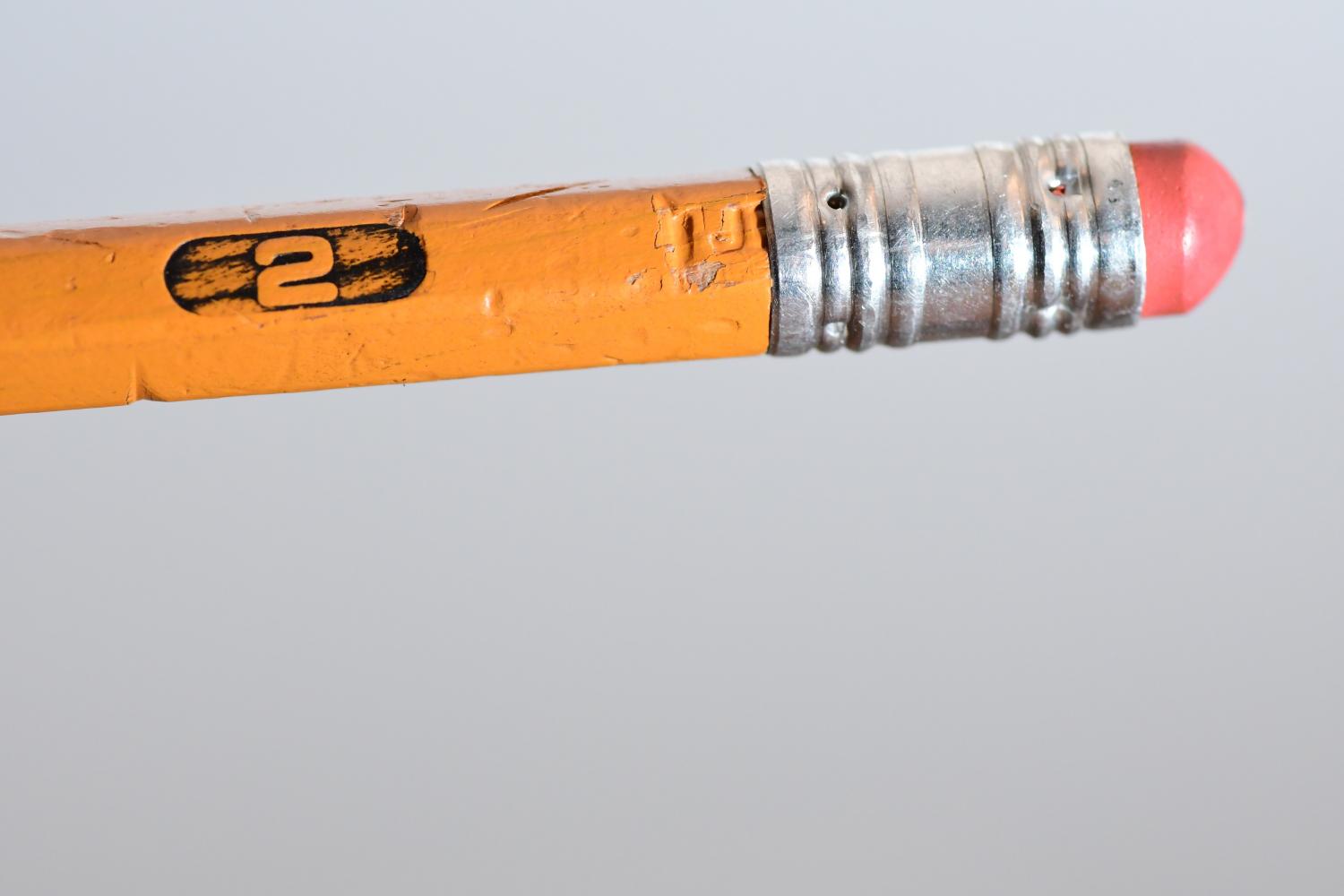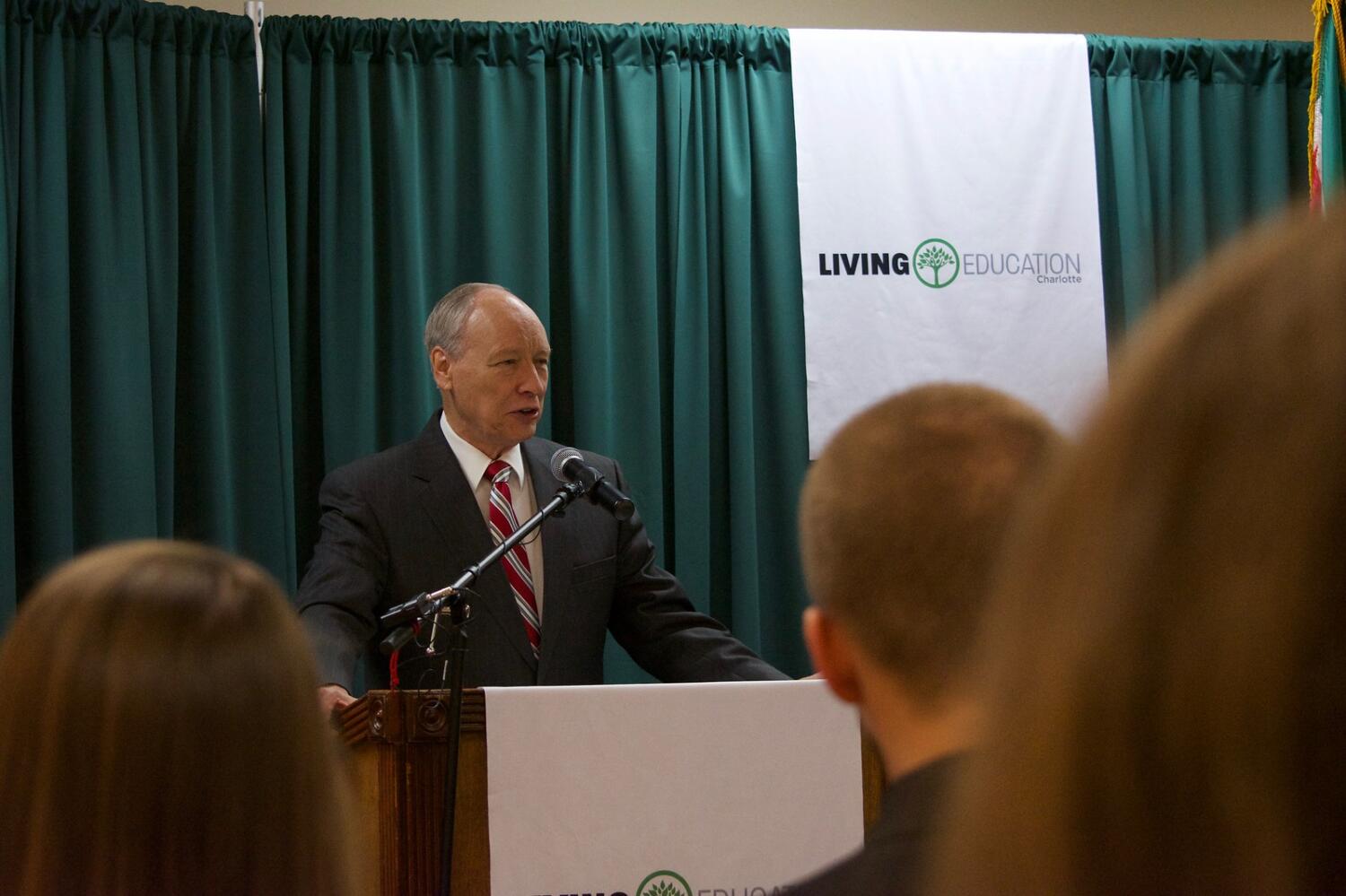Assembly Summary: The Disposable Era
Author: Yolanda Watt | Student, Living Education – Charlotte, 2021-22
Estimated Reading Time: 3 min.
It is really easy to give up and quit when we are doing something that is difficult or out of our comfort zone.
We live in an era of variety, in which people can easily change their minds. Mr. Ferreira lamented that in today’s world people are no longer interested in fixing things; instead they just replace them. This kind of attitude is so prevalent that it is even found in relationships and marriages. Couples are no longer interested in trying to work through their relationships, and instead they get a divorce, only to start the cycle all over again. Mr. Ferreira also talked about this in relation to people moving from one church to the next when they encounter issues. He refers to such people as “church fleas” hopping from one group to another.
Mr. Ferreira mentioned that we are to be long-suffering and patient, and followed that up with two thought-provoking questions: Do you follow through on your commitments (Matthew 5:37)? Are you grounded and steadfast (Matthew 7:13–14)?
Five lessons from a simple pencil
Mr. Ferreira related these questions to a story about a pencil maker who told a pencil that if it remembered five lessons, it would be a successful pencil.
First, we will be able to do great things only if we allow ourselves to be held in someone’s hand—we must learn to rely on God for strength. If we are in God’s hands, anything is possible (Matthew 19:26).
Like a pencil, we also will experience painful sharpening from time to time, but this is needed for us to become better. God wants us to improve on a daily basis; it does not happen all at once at baptism. A Christian cannot grow without going through tests and trials. The trials might not feel great, but giving up on God’s way of life is never an option for true Christians (Romans 5:3–4; Matthew 24:13).
A pencil also has an eraser at the back of it to fix mistakes. Our “eraser” is genuine repentance (Isaiah 55:6–7; Psalm 103:11–12). Thanks to the sacrifice of Jesus Christ, repenting from our sins allows those sins to be erased from the record of our lives in God’s sight. We all make mistakes—and with God’s help, we are able to repent of our mistakes and correct them.
No matter how fancy a pencil’s exterior is, the lead within it is the most important part. Likewise, the most important part of Christians is always what’s inside. We should not define ourselves solely by who we are physically; we should remember that what is in our hearts is what truly matters in God’s sight (1 Samuel 16:6–7; Jeremiah 17:10).
On every surface a pencil is used, it leaves a mark. We, too, leave marks as we go about our lives, through the examples we set and the legacies we leave behind. It is a Christian’s responsibility to strive to exemplify Christ’s life and leave a legacy that points back to Him (1 Peter 2:21–23; 1 Timothy 4:12).
As Christians, we can all learn from the lessons of a pencil. We need to make sure that we stick to our commitment to God’s way of life—we cannot afford to give up when things get tough. With His help, we will be examples of those who stand apart from the disposable era.









